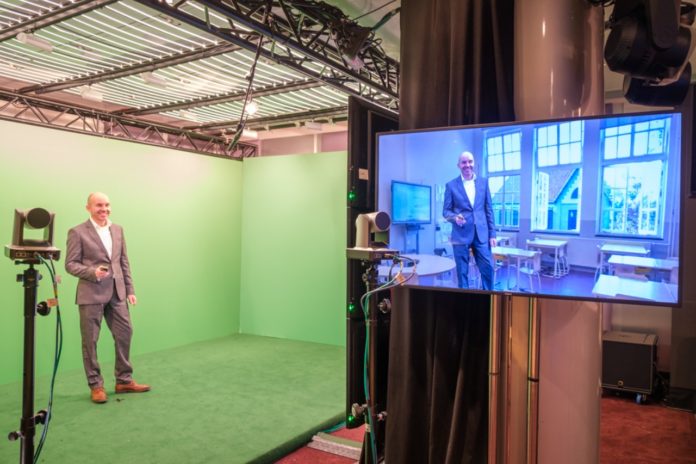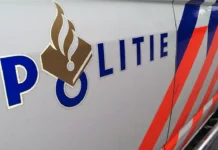
Last week, Dutch primary school teachers discovered the many ‘heritage language’ (mother tongue) programmes of the Brainport region.
That was in a free online event, Meertalige Kinderen: Wat doe je ermee? (Multilingual Children: What to do with them?). Several groups organised it. These include Heritage Language Schools Eindhoven (HLSE), Holland Expat Center South, and the SALTO schools.
During the webinar, the teachers learned how to tap into children’s multilingualism as a useful resource in the classroom. More than 200 Dutch primary school teachers and heritage language program organisers in Eindhoven registered.
What is a heritage language school?
A heritage language school is also a called mother tongue, home language, or weekend school. They’re programmes to help children develop a language that’s spoken at home. These kids can’t study this language at school.
Volunteers who set up non-profit organisations often run these classes. Lessons take place after school or on weekends throughout the school year. The event aimed to bring attention to the role a child’s heritage language plays in their general educational development.
There are many multilingual students in Eindhoven. So, Dutch teachers need to know that a strong basis in their home language can lead to multilingual children generally doing better. That on both the social and academic terrain, including in Dutch.
Would’ve been in March
The organisers initially planned the event for the end of March. Attendees would have mingled over snacks. They would then have participated in a networking activity after hearing two speakers.
“In no time we had 170 registrations, with a waiting list,” says Josine Frankhuizen. She is the Economics and Culture policy developer at the Holland Expat Center South. “Multilingualism is a very hot topic.”
Teachers from all over the region showed interest. But the organisers had to cancel the event due to the COVID-19 outbreak. “We knew we’d have to find a way to go forward with it eventually.” The usual face-to-face event was transformed into an online event. They used a new digital studio in Eindhoven’s iconic Evoluon.
Overview
Geert Simons opened the virtual event. He was head of SALTO Internationalization. Geert gave an overview of the more than 20 heritage language programmes in the Eindhoven area.
“The SALTO International School leaders advise that multilingual children follow lessons in their mother tongue if available,” says Geert. “That’s why SALTO promotes the HLSE network.”
The first speaker was Ellen-Rose Kambel from the Rutu Foundation. She explained that UNESCO considers being able to study one’s home language a universal right. Schools can opt to become a Language Friendly School. That can do so by ensuring that all children have access to a language-friendly learning environment where they feel accepted.
Second speaker
The other expert was Meer kansen Met Meertaligheid – 3M (More Opportunities With Multilingualism)’s Mirjam Günther. She’s researching improving the role of the home language in primary education.
After the talks, Dutch primary school teachers could ask questions. These were to the organisers, teachers, and volunteers who work at heritage language schools. This was the first step towards building a relationship between the two groups.
“It’s essential for mainstream teachers to be aware of which heritage language programmes are out there,” says Gisi Cannizzaro. Cannizzaro is the co-founder of the Eindhoven Italian School “La Lampadina” and the HSLE organiser.
Challenges
“They must know what of common challenges these schools face. They must also be aware of the determination that’s needed to keep this type of supplementary education afloat. The work and achievements of these language programmes need to be recognised.”
“The community must value these schools. Of course, Dutch teachers face challenges, too. That’s why we asked the speakers to share some tips for using multilingualism in the classroom,” Gisi says.
HLSE aims to ensure that heritage language schools in Eindhoven succeed. They want people to recognise, value and support this supplementary education.
Source: HLSE















